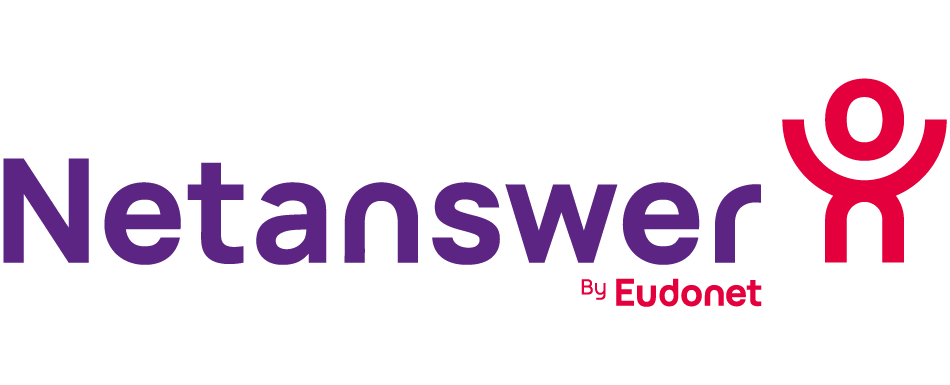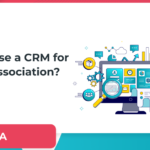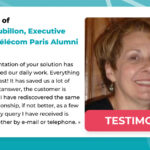In this article we will give you the basics to effectively optimise your SEO and improve your visibility on search engines.
Okay… that’s interesting, but what exactly is SEO?
I. SEO DEFINITION
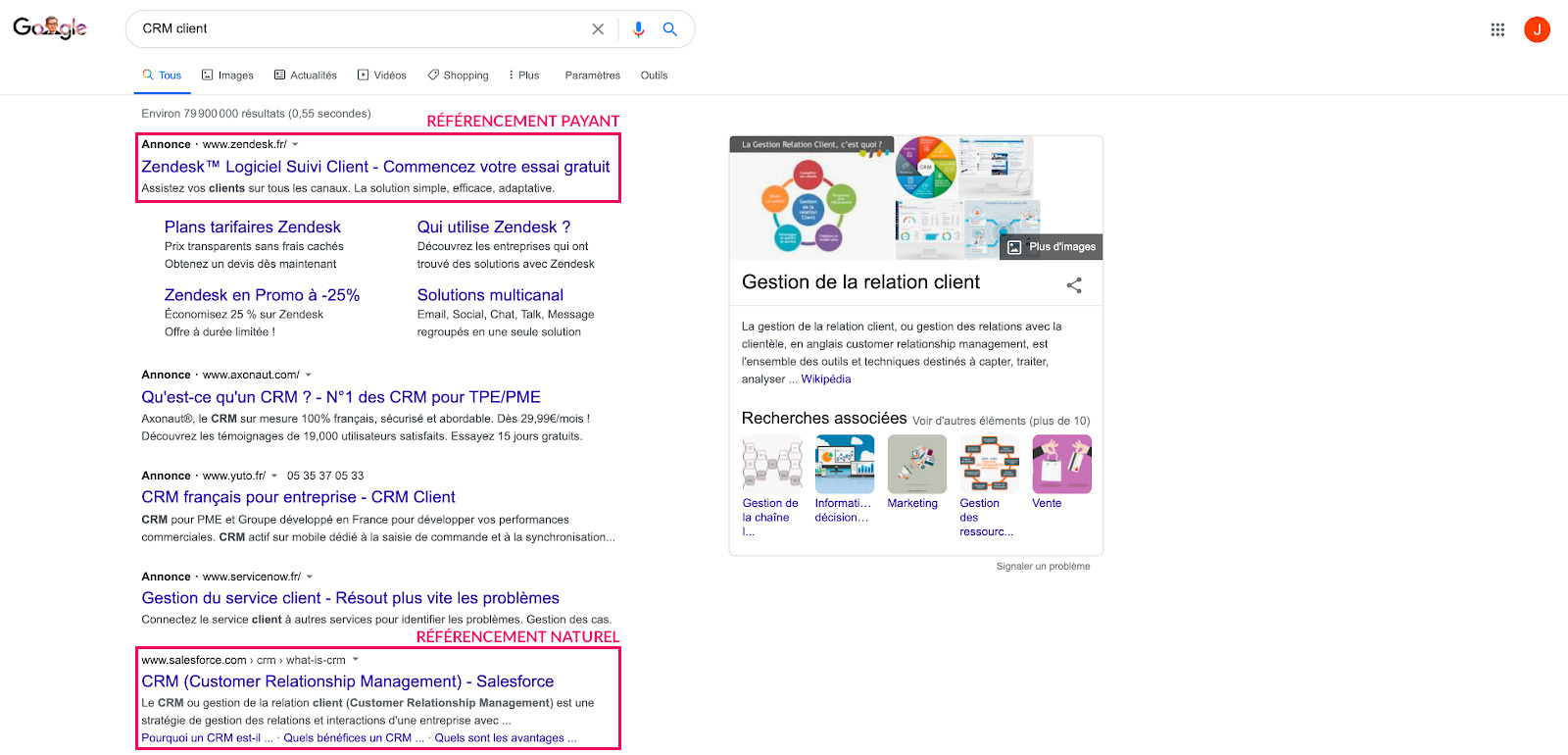
Natural SEO:The results of naturally referenced websites are found between the paid search results. There are 10 results per page. If these websites are on the first page it is because Google considered that the content proposed by these sites could respond precisely to the search of the Internet user.
This is one of Google’s selection criteria but there is an exhaustive list of factors to take into account to improve this positioning (content, technical, semantic, internal linking, netlinking, social networks…)
I hope this introduction will give you a better understanding of SEO… now let’s get down to business!
II. SEO ACTION PLAN
1. WORKING ON THE ARBORESCENCE
You must first work on your tree structure. Indeed, the tree structure has an impact on the referencing, the deeper a page will be in the tree structure, the less weight it will have on Google. It is best to avoid having too many pages in the tree structure. We often talk about the 3-click rule: the Internet user must be able to access the content that interests him in less than 3 clicks on your website.
2. FIND THE BEST KEYWORD
Next, you need to create one keyword per page. As announced in the introduction, the keyword is the search term of the internet user on Google. It can be a word or a phrase!
Example:
- CRM client
- CRM client for association
To obtain the best keyword per page we advise you to brainstorm. This allows you to put yourself in the shoes of the internet user by imagining everything they might type into Google.
“What would I type on Google to search for this page / this product / this service?”
You can rely on :
- Your experience
- Competition
- Your target
Make a list of 10 keywords and go to the Google tool: Google Keywords Planner tool : https://ads.google.com/intl/fr_fr/home/tools/keyword-planner/ (créer un compte gratuitement)
Copy your 10 keywords into the tool and select from the results the keyword ideas that you find interesting by clicking on “Add keywords”.


With this method you can select the best keyword for your page
Let’s now move on to the “technical” optimisation of the pages, the tagging plan.
3. OPTIMIZING THE SCREENING PLAN
Every page on a website has a title, a url and a meta description.

a. Title
The title of a page on a website influences the choice of visitors when they look at search results. So you need to work on the title to improve the chances of a visitor coming to your website.
Here are 4 tips for optimising your title:
- Place the keyword at the beginning of your title
Example we typed “CRM client” in the search bar and we find in every title the keyword “CRM”

- Do not exceed 80 characters for your title. Google only displays the first 80 characters for a website title. If you exceed this quota your title will be truncated and not read by the visitor

- Your title should be unique for each page on the site
- Avoid capital letters which are often associated with SPAM
b. the meta description
The meta description has no direct impact on your SEO. It does not change your positioning in google, but it helps the Internet user to make his choice. Google displays about 160 characters, beyond that it will be truncated “…”
TIP: to know the number of characters of your titles and your meta description work on Excel and use the function NBCAR()

c. the url of the page
To keep it simple, you need to put the page keyword in the url 🙂!
d. the < h >
tags
The tags < h > < /h > correspond to the headings in your page. This allows you to structure your content and to allow a better indexing of the pages by google.
You should respect the tag hierarchy and generally place your keyword in the tag < h1 > < /h1 > which is the most important one on your page.
Important info: there is only one H1 per page and it must be unique for each page!


AND CONCRETELY HOW DOES THIS MANIFEST IN OUR SOLUTION?

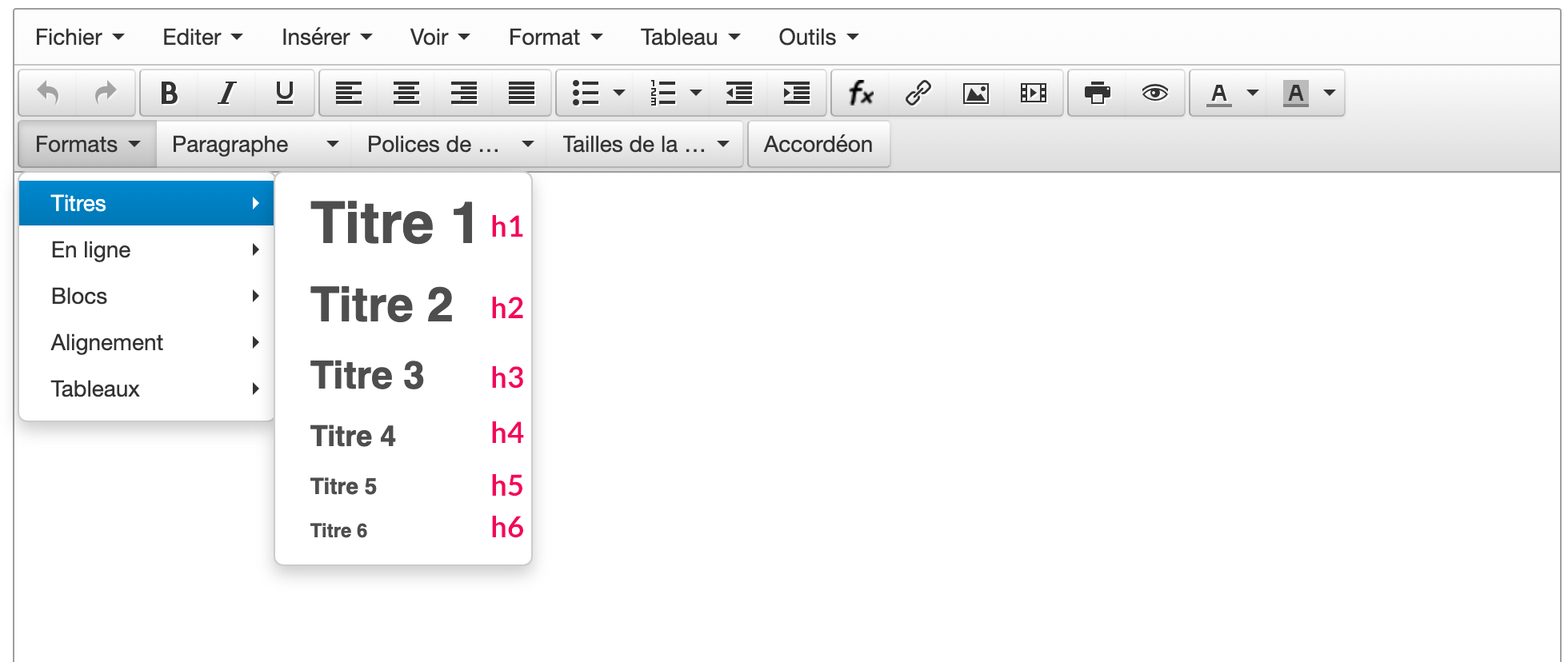
Feel free to contact us if you have any questions, our experts will be happy to assist you.
ANY QUESTION ?
